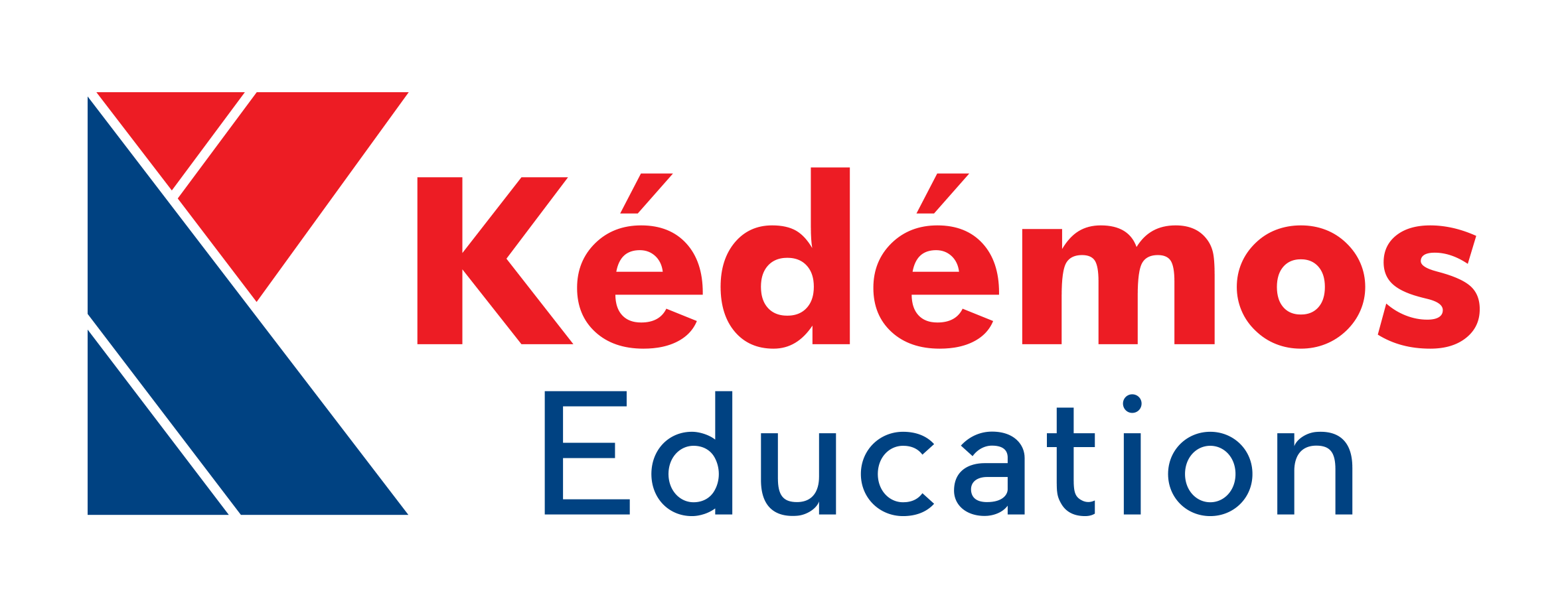In education, establishing a positive parent-educator relationship has become of significant importance. In fact, with the numerous challenges you as a parent face, it is not easy to “properly” raise your child. Likewise, it is important not to forget that children spend most of their time in daycare or at school, which is why a solid partnership between parents and educators is essential. Indeed, this will not only have a positive impact on you as a parent but also on your child and their well-being. In this blog, we will explore the pillars of a successful relationship between a parent and a child’s educator.
Open Communication for an efficient parent-educator relationship
Parent-educator relationship is based, first and foremost, on open and transparent communication. Constantly communicating with your child’s caregiver is crucial. First, it enables you to keep track of his milestones, developments, and recent updates and behaviors. Second, it allows the child’s educator to stay informed of any relevant information that could positively or negatively affect the child’s attitude and mindset. It will also help them understand certain thoughts or behaviors your child might have due to specific family and social contexts. Therefore, concerns, updates, and information must be clearly and openly shared and communicated. This will also have a positive impact on the child’s interpersonal skills and will model effective and efficient communication.
Collaboration and Participation
Creating consistent routines at home is essential in the scope of the parent-educator relationship. This creates a feeling of security and coherence within your child while assuring him that his teacher and parent are both working together to support him. Therefore, methods and approaches should be discussed and agreed upon when it comes to plans and expectations. This could involve providing educational materials at home, and reading and studying together. Consistency also involves aligning values and educational goals, which leads to continuity between the two environments in which the child lives. All of this will positively impact the child’s sense of security, well-being, and development.
Consistency and Coherence for a Fruitful Parent-Educator Relationship
Creating consistent routines at home is essential in the scope of the parent-educator relationship. This creates a feeling of security and coherence within your child while assuring him that his teacher and parent are both working together to support him. Therefore, methods and approaches should be discussed and agreed upon when it comes to plans and expectations. This could involve providing educational materials at home and reading and studying together. Consistency also involves aligning values and educational goals, which leads to continuity between the two environments in which the child lives. All of this will positively impact the child’s sense of security, well-being, and development.
Mutual Trust and Respect
Mutual trust and respect are the cornerstones of a positive parent-educator relationship. Educators must recognize that parents are the primary caregivers and decision-makers for their children, while parents should acknowledge and trust the expertise and dedication of educators. Both parties should approach conversations with mutual respect and trust, seeking to understand each other’s perspectives and concerns. Empathy helps create a supportive and non-judgmental environment, fostering collaboration for the child’s benefit.
Flexibility and Adaptability
For a solid parent-educator relationship, both parties need to understand that a child’s needs change with time. Flexibility and adaptability are thus essential qualities for both educators and parents. Education is a dynamic process, and children’s needs can evolve. This is why it is important for both parties to be open to adjusting strategies and approaches to better meet the child’s developing requirements. This willingness to adapt ensures that the child receives the most effective support and guidance throughout their educational journey.
Conclusion
A successful relationship between educators and parents is built upon a strong foundation of open communication, collaboration, consistency, mutual trust and respect, and flexibility. When these pillars are firmly in place, the partnership becomes a powerful force for the child’s educational and personal growth and development. Ultimately, your child’s success largely depends on the collaborative efforts of both educators and parents, working together as a team to provide the best possible support and guidance for their educational journey.








